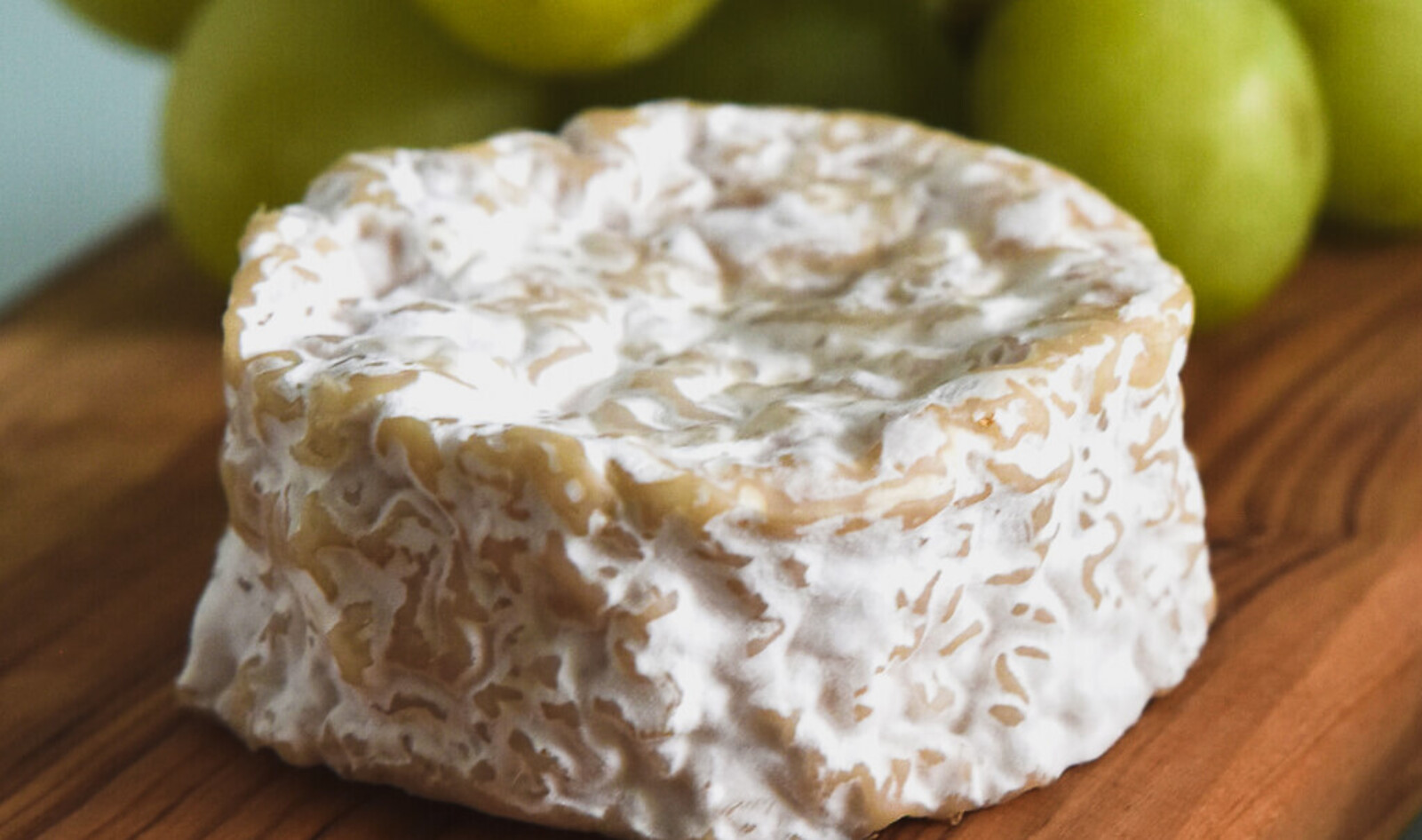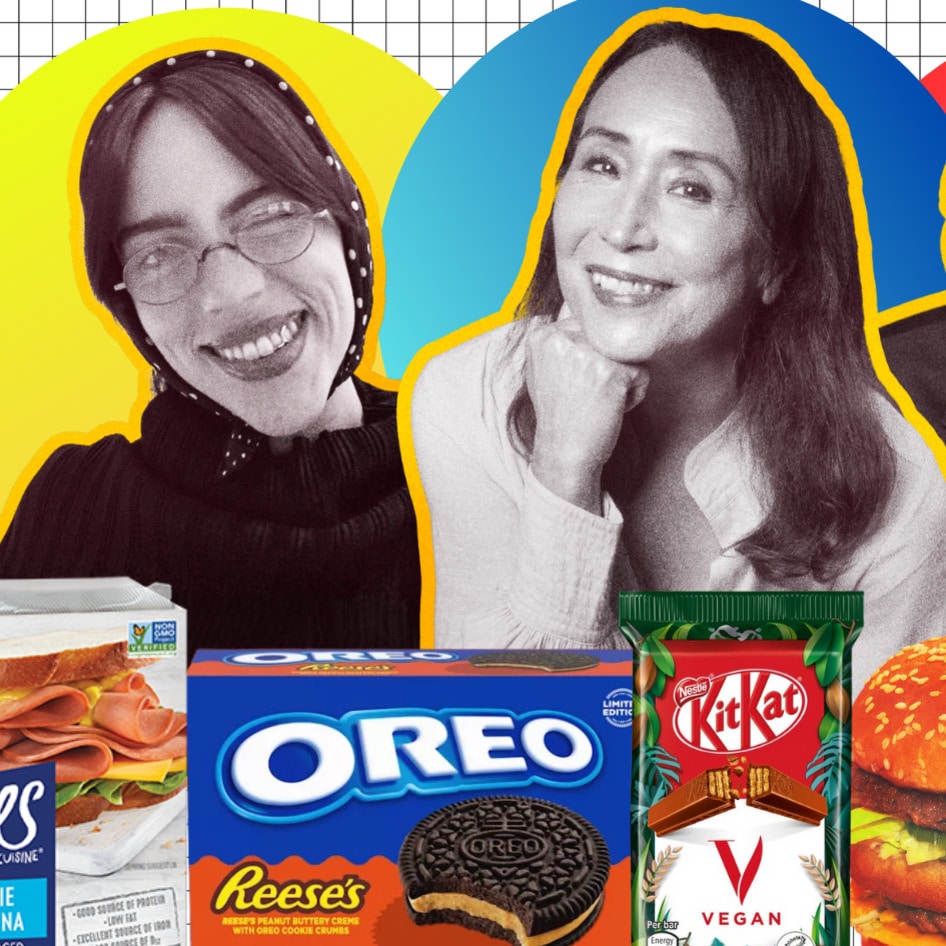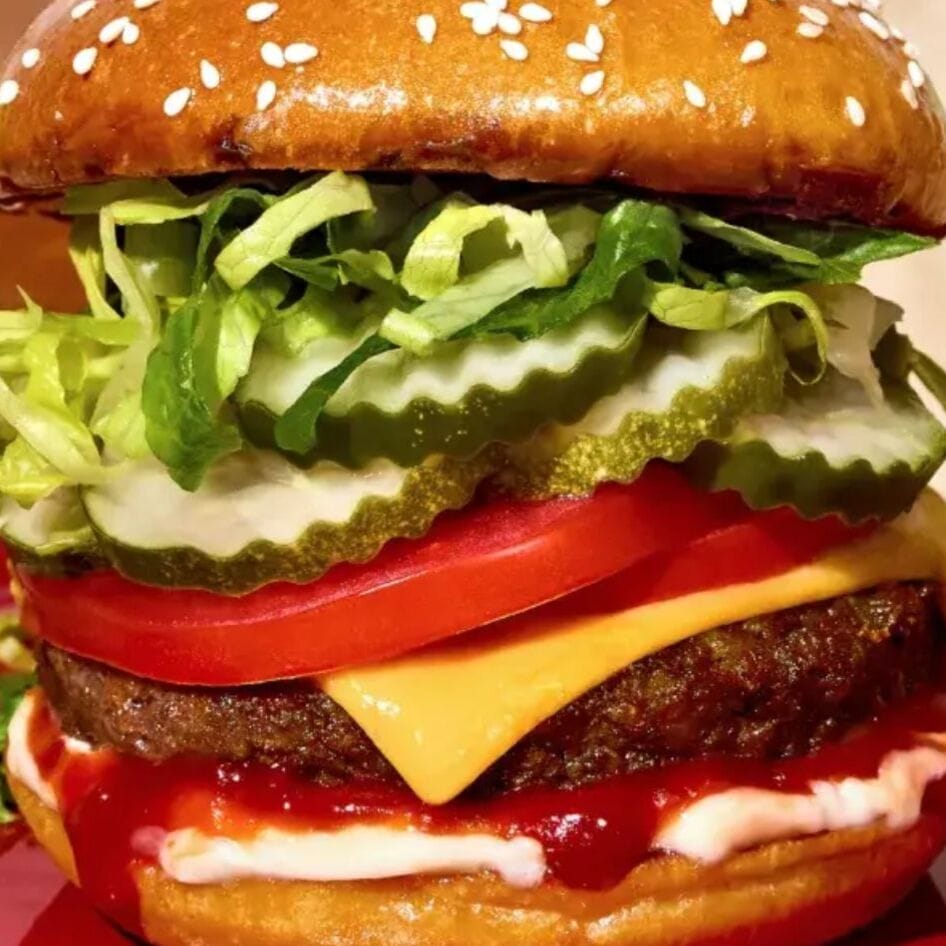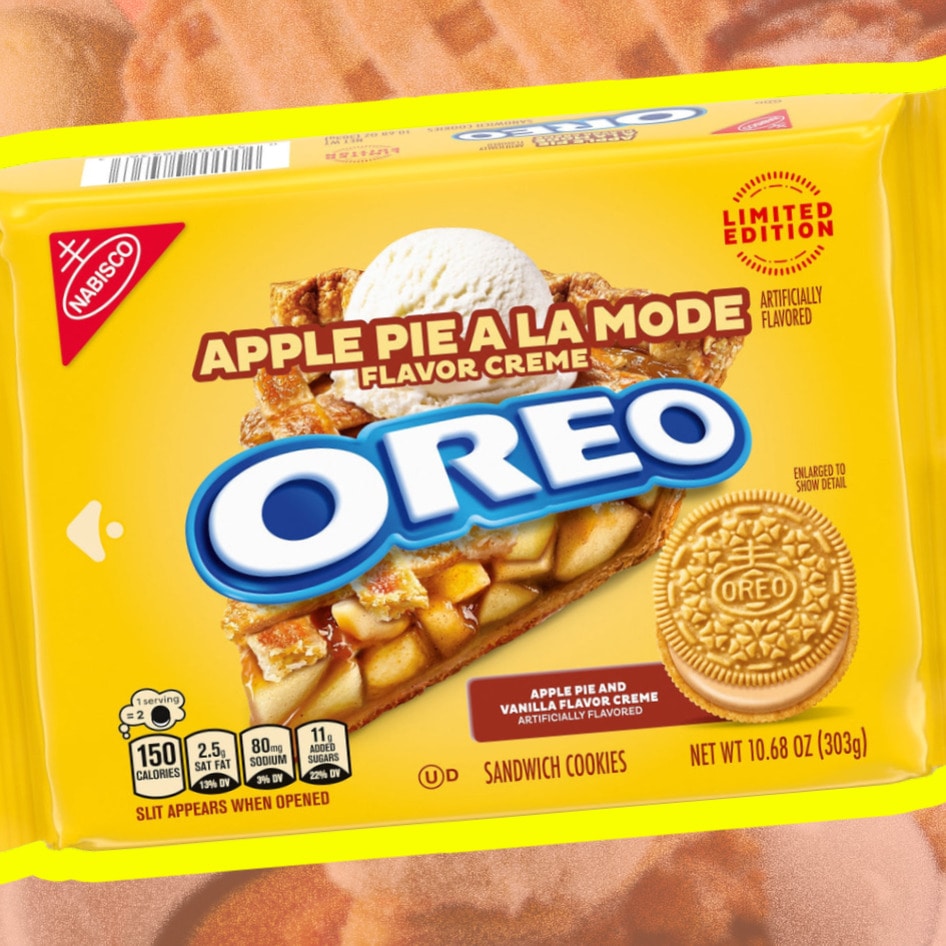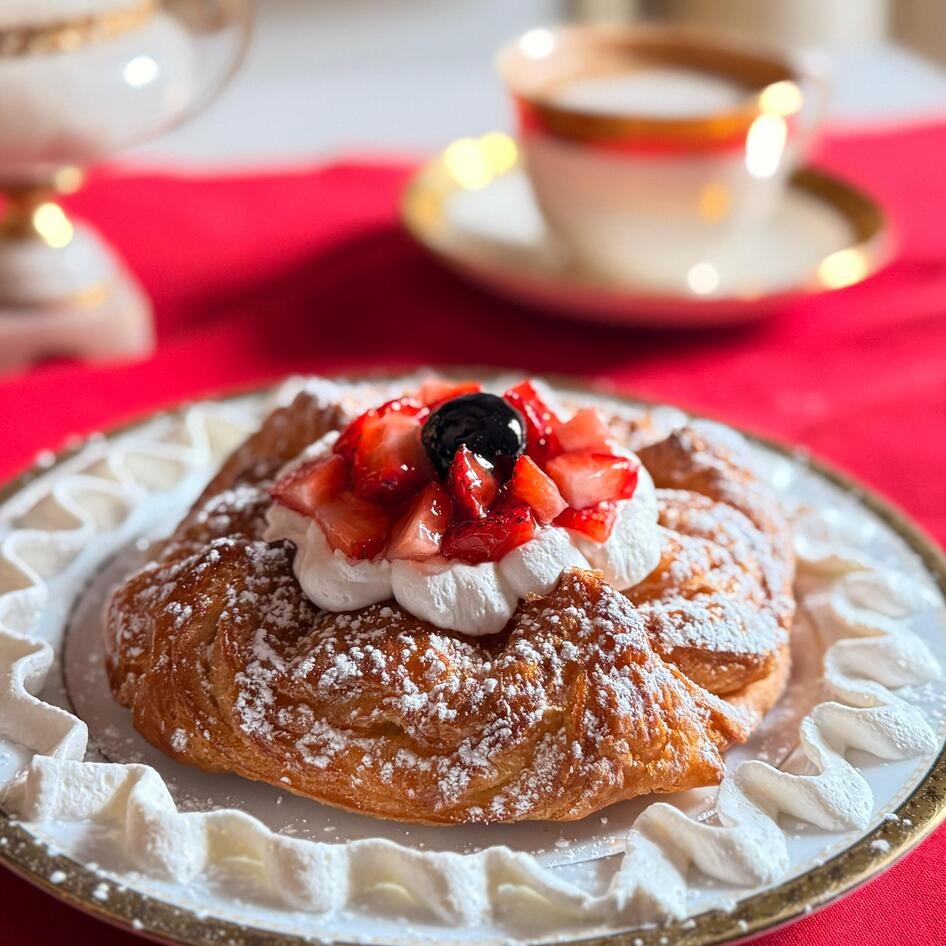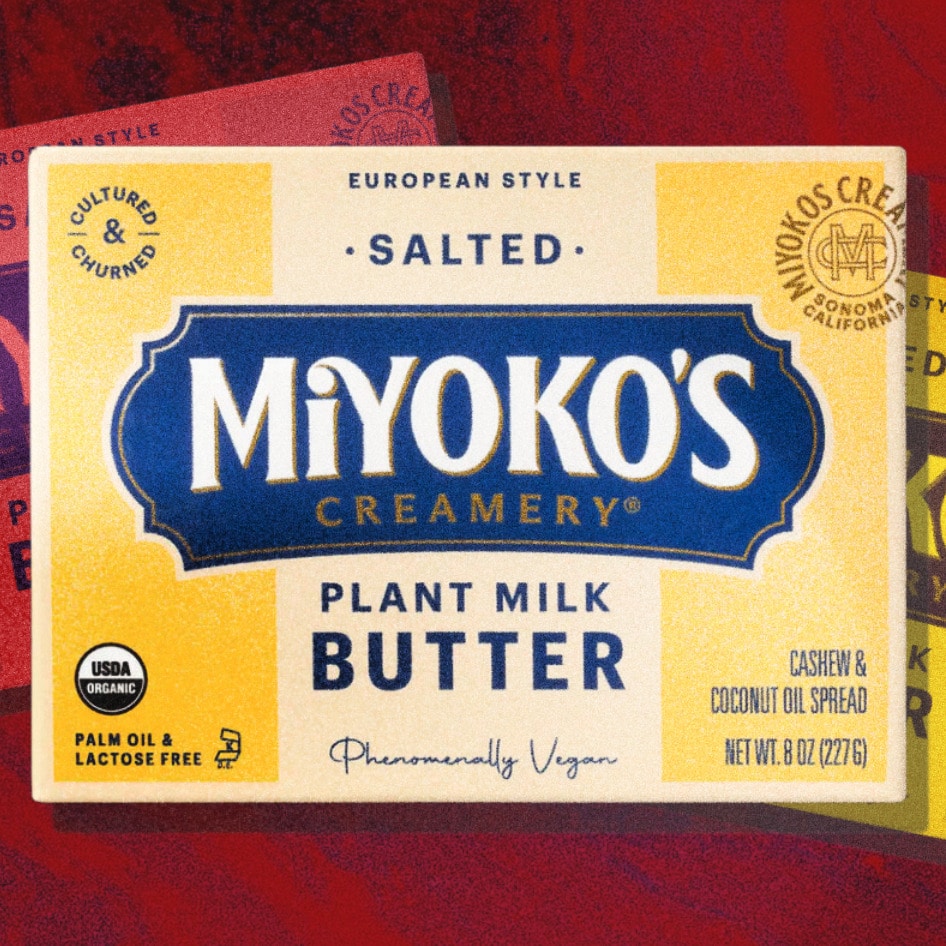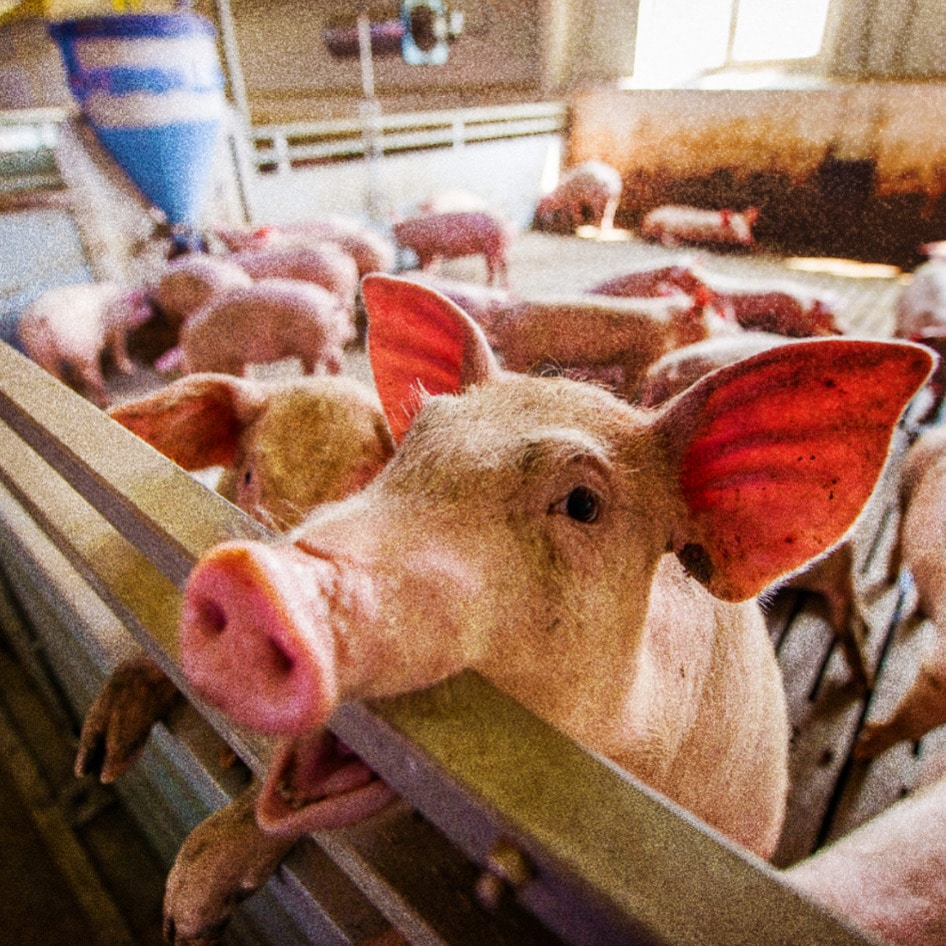Cheese is an important part of France’s culinary culture and each French person consumes approximately 58 pounds of the dairy product every year. But what if there was a more ethical and sustainable way to produce this staple food?
That’s what the new five-year AlinOVeg project is all about. Part of the France 2030 sustainability plan, the project has $12 million in funding coordinated by Bpifrance and supported mostly by the French government alongside major companies such as French plant-based food and ingredient pioneer Roquette.
Together, the group will work to develop and accelerate the production of alternatives to dairy cheeses and other products such as desserts using bases such as pea protein and fava beans.
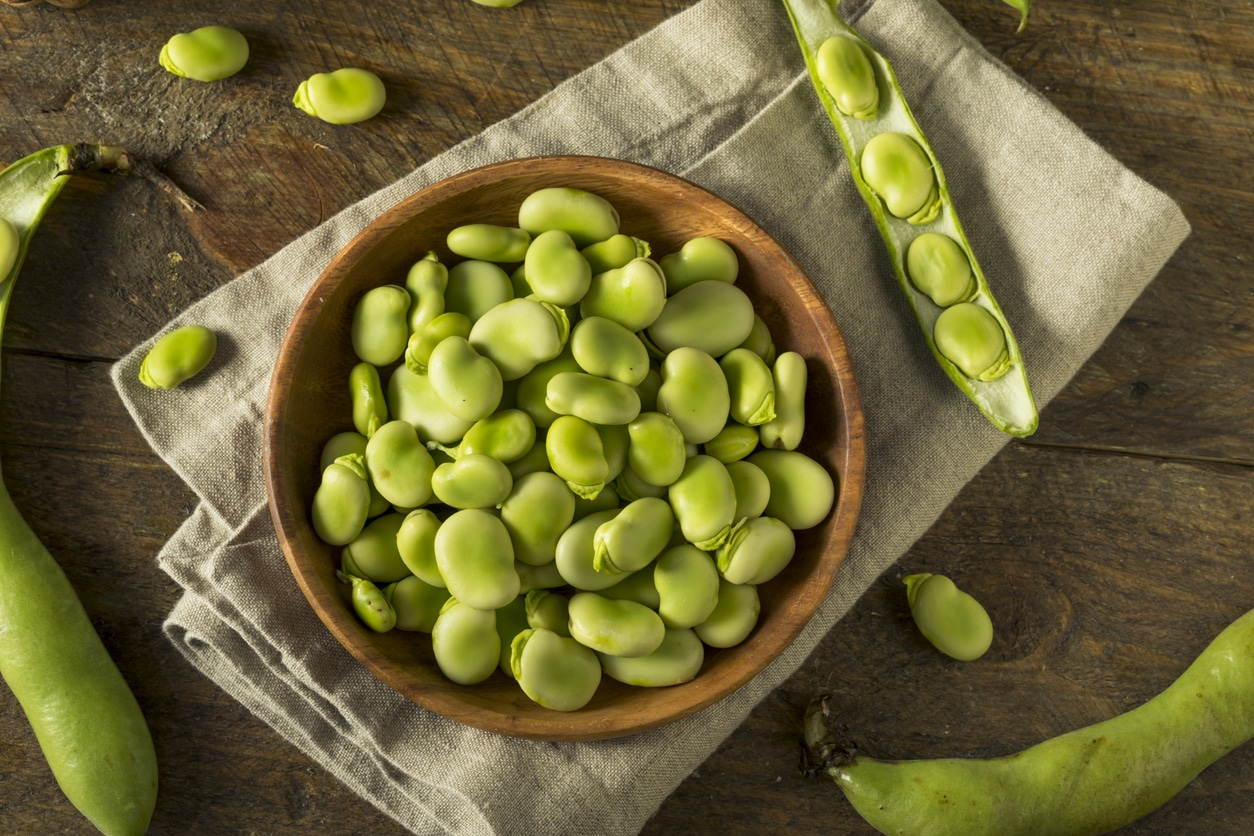 Getty
Getty
The collaborative also includes dairy company Eurial; France’s leading research organization National Research Institute for Agriculture, Food, and Environment (INRAE); social science institution Université Lumière Lyon 2; Agri Obtentions, an INRAE subsidiary that develops and distributes pulses; and microbial biotechnology specialist Greencell.
“AlinOVeg is the largest collaborative innovation project supported by France 2030 in the food sector,” Ariane Voyatzakis, head of the agri-food sector at Bpifrance, said in a statement. “It will provide benefits to consumers in terms of new, healthy, and tasty plant-based products, as well as new species, agricultural practices and protein ingredients to the entire sector.”
Vegan cheese from fava beans
The new project in France is not the first time fava beans have been explored as a base for vegan cheeses. Amsterdam-based food company Mr. and Mrs. Watson already makes Gouda-style cheeses that are fermented in the same way as traditional dairy cheese but uses high protein fava beans as a base instead of cow’s milk.
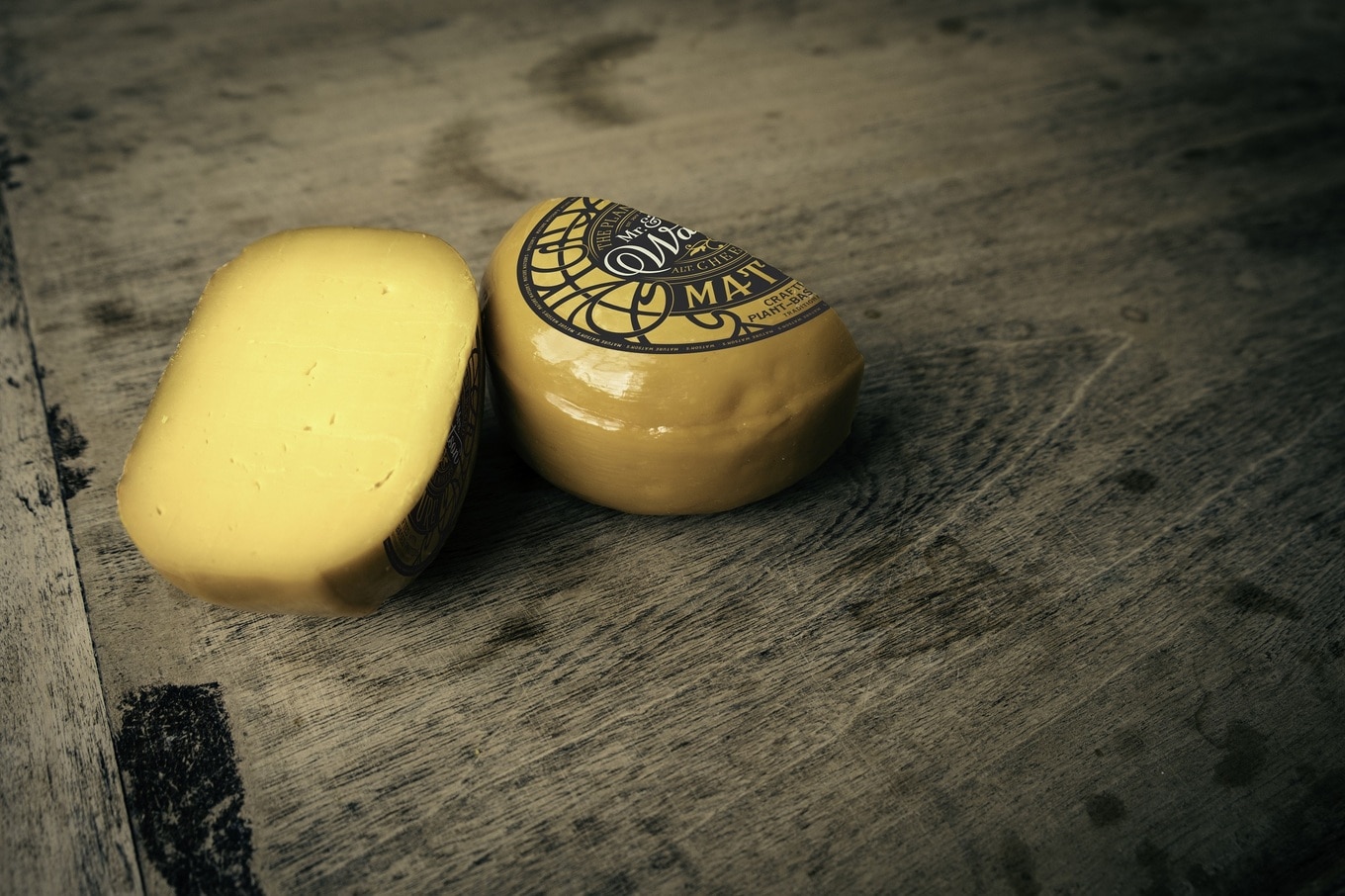 Mr. & Mrs. Watson
Mr. & Mrs. Watson
And making cheese from these nutritious legumes is actually nutritionally superior than making it from dairy milk, according to a recent study that fava bean peptides perform better than traditional animal-derived proteins, specifically milk protein, in muscle conditioning.
In France, the new AlinOVeg project has the potential to create a sustainable industry that produces delicious vegan dairy products while supporting sustainable crop production.
“Driven by the same collective dynamic and ambition, we are keen to contribute to the development of a whole sector of plant-based sources and to offer healthy, sustainable and tasty solutions that meet today’s consumers and future generations’ expectations,” Sergio Neves, Head of Open Innovation at Roquette said in a statement.
“This project will contribute to the current food revolution, in which we are involved, and to the development of a plant-based gastronomy,” he said.
The AlinOVeg project is getting started during a time when traditional cheese production is feeling the effects of the climate crisis it helped create. Last year, production of French Salers cheese was halted for the first time in its 2,000-year history due drought in the Auvergne region, preventing cows from grazing on grass there—a vital part of the cheese’s standard of identity.
French cheeses go dairy-free
Forward-thinking French companies are already exploring the world of dairy-free cheeses to future-proof their portfolios. Bel Group has been in the dairy cheese business for 150 years and entered a new era in 2020 when it announced it would create dairy-free versions of its iconic cheeses.
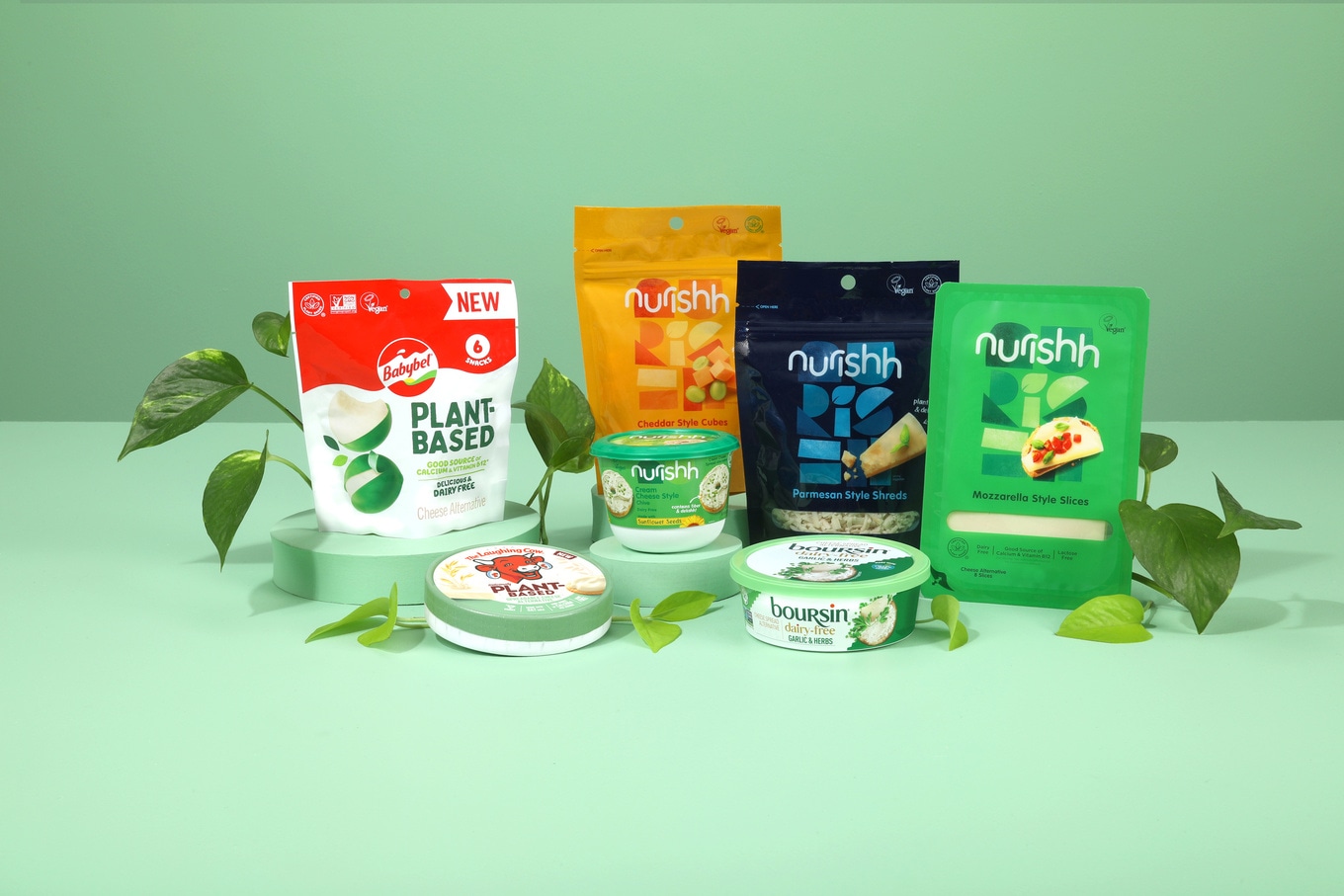 Bel Brands USA
Bel Brands USA
It started with Boursin Dairy-Free, which Bel created with help from legacy vegan brand Follow Your Heart. Soon after, Bel launched a vegan version of its iconic Babybel snacking cheeses, wrapped in green peel-able wax to signal a greener future. Last year, the French company kept the innovation rolling with a dairy-free version of its The Laughing Cow wedges, which it created with almond milk.
“For nearly a decade, we’ve closely monitored the plant-based conversation and innovation, especially when involving dairy products, like cheese,” Florian Decaux, Plant-Based Acceleration Director at Bel Brands USA, previously told VegNews.
“We saw the changes in consumer behaviors, and more people shifting to follow an increasingly flexitarian diet, and weaving plant-based products into their everyday lives,” Decaux said.
Bel is also exploring the world of microbial fermentation together with several innovators in the space, including Perfect Day (which worked with the company to create new cream cheeses under its plant-based brand Nurishh) and Superbrewed Food (which brings a unique postbiotic microbe to the table that stands to transform the company’s entire portfolio).
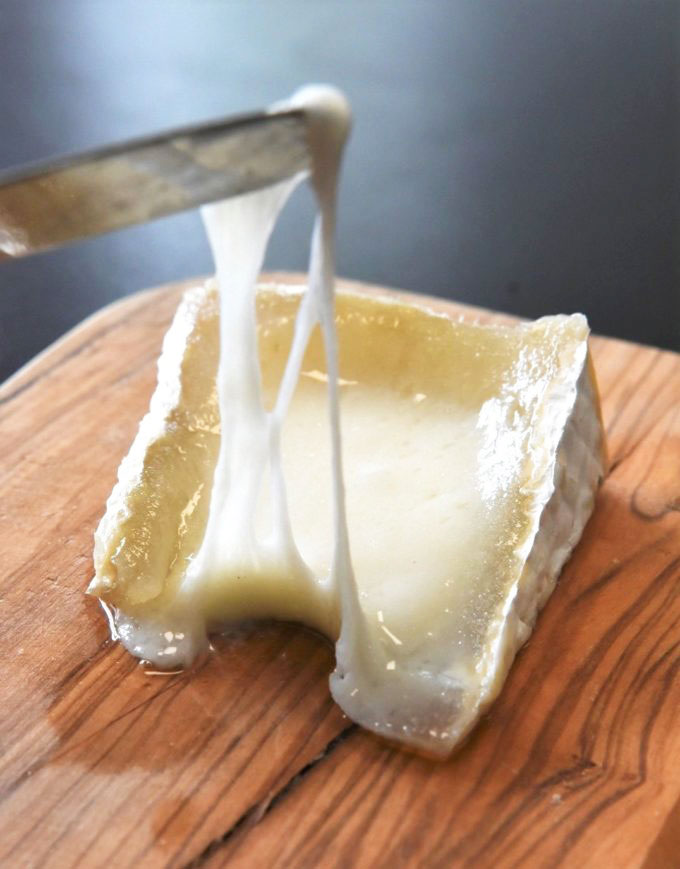 Nutropy
Nutropy
Locally in France, two startups, Nutropy and Standing Ovation, secured new funding last year to bring more sustainable and ethical cheese to dairy-lovers. Both companies produce animal-free casein—the functional protein in dairy—using microbial fermentation.
Nutropy is working on something it calls a “cheeseable milk” from which a variety of vegan (but dairy-like) cheeses can be made while Standing Ovation—which is also in a partnership with Bel—is creating soft and fresh French cheeses.
For the latest vegan news, read:
JUMP TO ... Latest News | Recipes | Guides | Health | Subscribe

